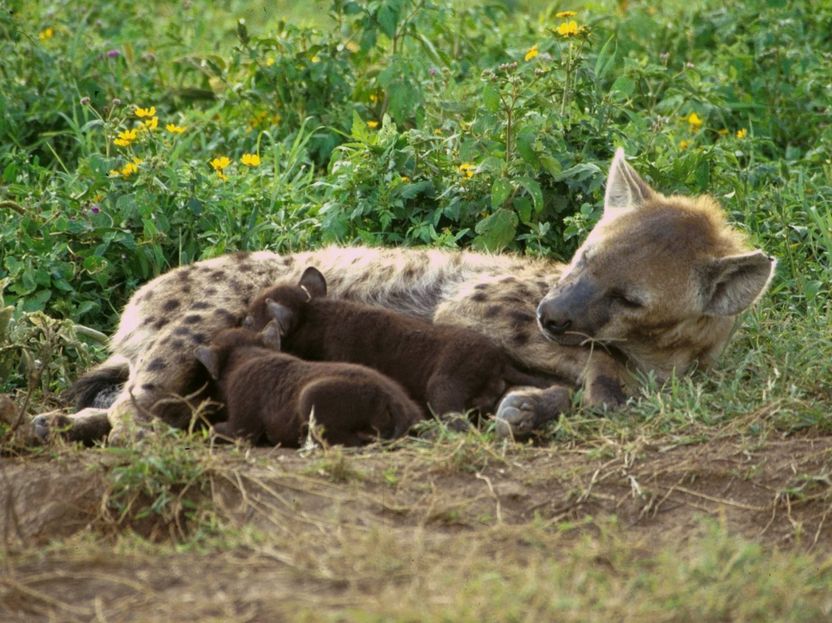The first kobuviruses described from Africa
Advertisement
An international team of researchers led by scientists at the German Leibniz Institute for Zoo and Wildlife Research (IZW) genetically describe the first kobuviruses to be reported from Africa. The results show that the viruses are less host-specific than previously assumed. The study has been published in the scientific journal “Virology”.

Crocuta crocuta.
Heribert Hofer
Current knowledge of the recently described genus Kobuvirus is limited. In humans and livestock, kobuviruses are known to cause gastroenteritis and hence are important for both health and economic reasons. To date, canine kobuvirus is known to infect domestic dogs in Europe, the USA and Asia. Before the current study, the only wild carnivore known to be infected with canine kobuvirus was the red fox in Europe, and Kobuvirus infection had not been reported from Africa.
A team of researchers from the Tanzanian Wildlife Research Institute, the Ecosystem Alliance (USA) and the IZW investigated Kobuvirus infection in wild carnivores in the Serengeti National Park (NP) in Tanzania, East Africa, and in domestic dogs living in villages outside the park. Using state-of-the-art molecular techniques, the scientists were able to provide the complete Kobuvirus genome from three wild carnivore species, the spotted hyena, the side-striped jackal and golden jackal, and the local domestic dog. These species were infected with canine kobuvirus strains genetically distinct from those in geographical regions outside Africa. Interestingly, the strains infecting wild carnivores inside the Serengeti NP were genetically distinct from those infecting domestic dogs outside the park, and genetically distinct strains were detected in domestic dogs from different villages. By demonstrating for the first time canine kobuvirus in a non-canid host, the spotted hyena, the results of the study provide evidence that kobuviruses are less host-specific than previously thought.























































